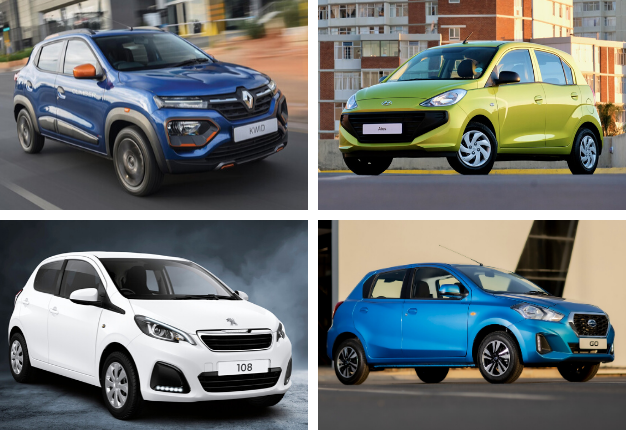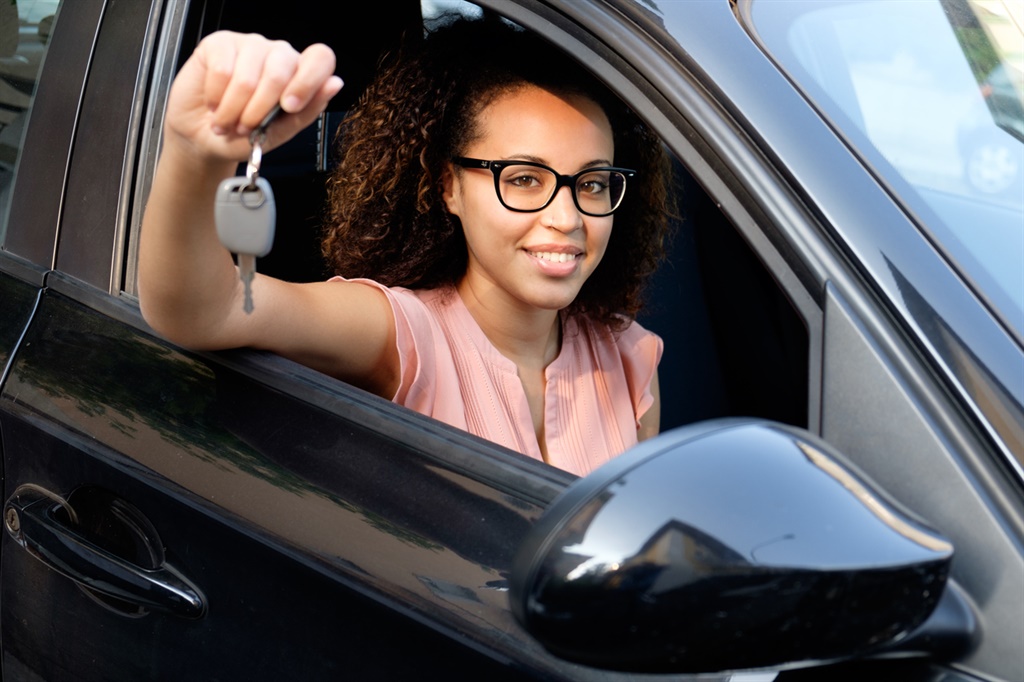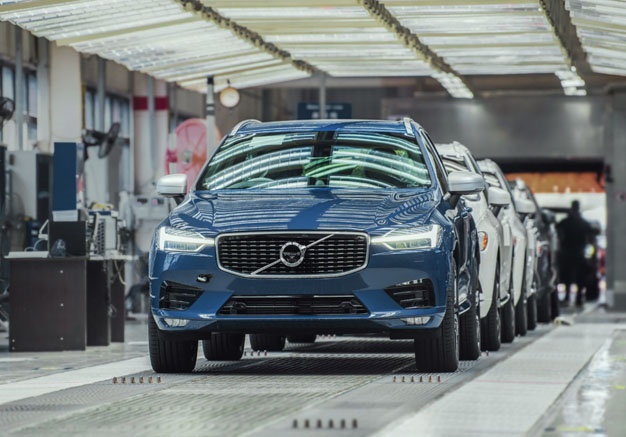
• The global pandemic has altered the way consumers buy vehicles, a report has found.
• Those who have intended to buy a vehicle have not given up plans to do so.
• Financial security is top of mind among consumers.
• For more motoring stories, go to www.Wheels24.co.za
The Covid-19 pandemic has changed the way people shop, consume media, travel, gather and work. It has also had a massive impact on the automotive industry - but the good news is that in some countries (South Africa, for instance), it may actually have a positive outcome.
This can be gleaned from a fascinating report titled Automotive & Mobility: The impact of Covid-19 on the category in the medium term by Kantar, a London-based data, insights and consulting company. For instance, the report notes that while in the toughest weeks of the lockdown, global new car sales dropped by up to 80% compared to previous years, future prospects are not that dismal.
"The good news is that across all markets, most of those intending to buy a car (pre Covid-19) claimed they are not giving up their plan to purchase but are considering postponing their purchase to after the crisis," it states.
Image: iStock
9% of South Africans have reconsidered buying a vehicle
In less mature markets (countries with a lower proportion of car owners), the scenario is even more positive in that the Covid-19 crisis is actually motivating people to buy their first car. The Kantar report also notes that, for many households, owning an individual vehicle during and after the Covid-19 pandemic will be a safe way to stay mobile without being exposed to the social interactions experienced with public transport.
South Africa is one such market. According to Kantar, 9% of South African respondents had no plans to buy a car before Covid-19 but would now consider it. The data has been extrapolated from the company's Covid-19 barometer, a syndicated study covering more than 60 markets on how Covid-19 is influencing consumer behaviour, attitudes and expectations.
South Africa ranked second, behind Thailand, in this regard. In Thailand, 13% of respondents had no plan to buy a car before Covid-19 but would now consider it. The situation in Poland is identical to that in South Africa, with a 9% score. China slotted in fourth, with 8%.
In many other markets, where car ownership is higher, the vast majority of car buyers will be postponing their purchases, not reconsidering it. This situation bodes well for the car industry.
Budget cars. Images: Quickpic/Motorpress
Guillaume Saint, Global Automotive Lead at Kantar, says: "It means that for the longer term, the sector will be impacted by the delay of ordering and delivery, rather than by the simple contraction of the market. This will help the industry to bounce back in a reasonable period."
Form of vehicle 'ownership'
But, when those people buy vehicles, what form of vehicle "ownership" will they use?
According to the Kantar report, financial security is top of mind among consumers. Significantly, it has found that the more the pandemic continues, the more financial uncertainty is a growing concern among the general population – even more so than health concerns. Accordingly, car buyers will be risk-averse and will want to avoid any form of personal financial strain.
Hence, alternative forms of vehicle "ownership" may be the way forward – leasing or renting, for instance.
Typically, rentals have been favoured by corporates (because they're off-balance sheet, the costs are fixed and there is zero risk). However, bearing in mind the findings of the Kantar report, there is every reason to expect them to find increasing favour with consumers too. This is because many of the same benefits apply to private customers – with a rented car, you know exactly what you're going to spend each month, minimising financial uncertainty.
Over and over, the theory that rental is a more expensive option than car buying has been debunked. Take Swedish luxury car brand Volvo as an example. Its rentals are competitively priced. They include 1 250km a month, a tracking device, 24/7 roadside assistance, comprehensive insurance, maintenance and reasonable wear and tear on tyres).
Image: Volvo
Car rentals are also considerably more lockdown friendly than vehicle purchases. Typically, the entire transaction can be handled via an app or website – 24 hours a day, seven days a week. The credit check is done online and, unless the customer is outside of normal parameters, the entire transaction takes a couple of minutes.
This is in line with the findings of the Kantar study. It stresses that motorists' hesitation in going into public spaces is an element to keep in mind.
"Innovating in the way to make people buy a car, leveraging the specific assets of online and offline experiences, will help to reduce the gap of purchase postponement," it notes.
The report concludes by stating that the pandemic will have a long-term impact on all aspects of people's lives.
"This may be in terms of their job, financial security, mobility behaviour, purchases of high-priced goods, investments, or the way they interact with people and how they would like to live post-crisis," it notes.
And it may well change our car-buying behaviour forever too.




 Publications
Publications
 Partners
Partners













